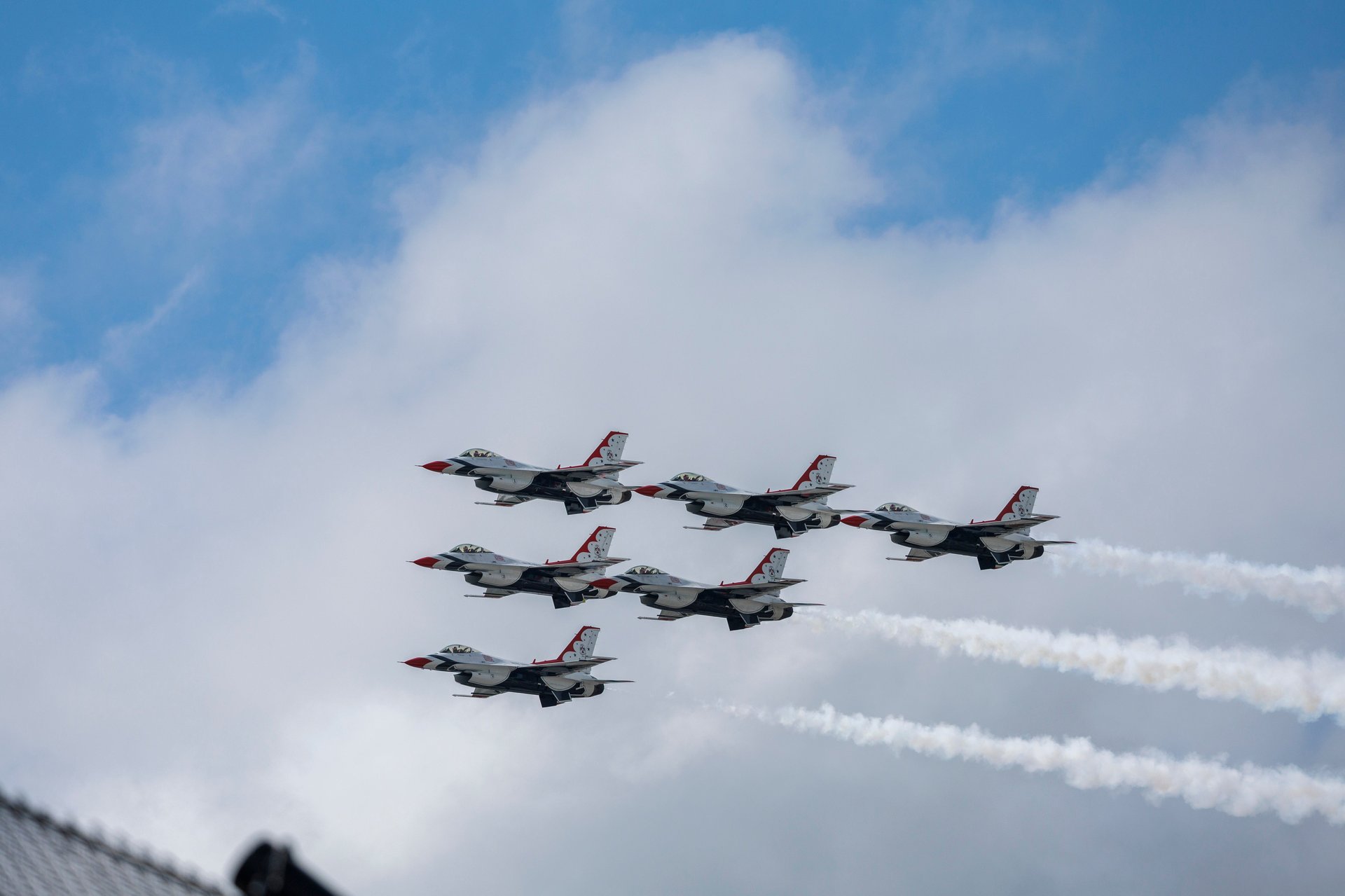AI pilots will soon join the Air Force
The U.S. Air Force awarded contracts to five developers of AI systems for its unmanned jets

Artificial intelligence technology used by the U.S. Air Force is usually operated on the ground. Now it’s moving to the sky. The U.S. Air Force has awarded contracts to five developers of AI systems for its new “robot wingmen.”
Suggested Reading
The AI-powered, unmanned aircraft will fly alongside human-operated fighter jets. Their development is part of the Air Force’s Collaborative Combat Aircraft program, which aims to put 1,000 of the so-called robot wingmen in the sky by 2030. The recipients of the contracts for AI systems development are unknown, but the actual aircraft will be manufactured by General Atomics and Anduril. The drone-maker and military tech startup are developing prototypes.
Related Content
What if the technology gets it wrong? “That’s what we’ll have to find out,” Kurt Knutsson, a.k.a The CyberGuy, said on Fox News Sunday.
That uncertainty is unnerving for some experts and government officials across the world, who worry over the legal and ethical issues of employing AI in warfare. Others say AI could save human lives by reducing the risks of warfare.
“The problem is we have to do it because our enemies around the world are also getting involved in AI with their warfare. So if we’re not ready to use this then we’re in trouble,” Knutsson said. The idea of an “AI arms race” between the U.S. and China has become a focal point of conversation around the advancement of generative AI technologies, though it’s faced its own critics.
“[T]he arms race narrative has been propagated by Pentagon officials and tech leaders who stand to benefit from increased sales of high-tech weapon, surveillance, and logistics systems enabled by AI,” read a report published by Brown University’s Watson Institute in April. “These myths and misperceptions risk diverting taxpayer funds towards research and development (R&D) projects that meet military needs, rather than civilian needs.”
There’s been a renewed closeness between Silicon Valley and the U.S. military and intelligence communities in recent years. Between 2019 and 2022, the Department of Defense and other agencies awarded major tech firms a cumulative $53 billion in contracts.